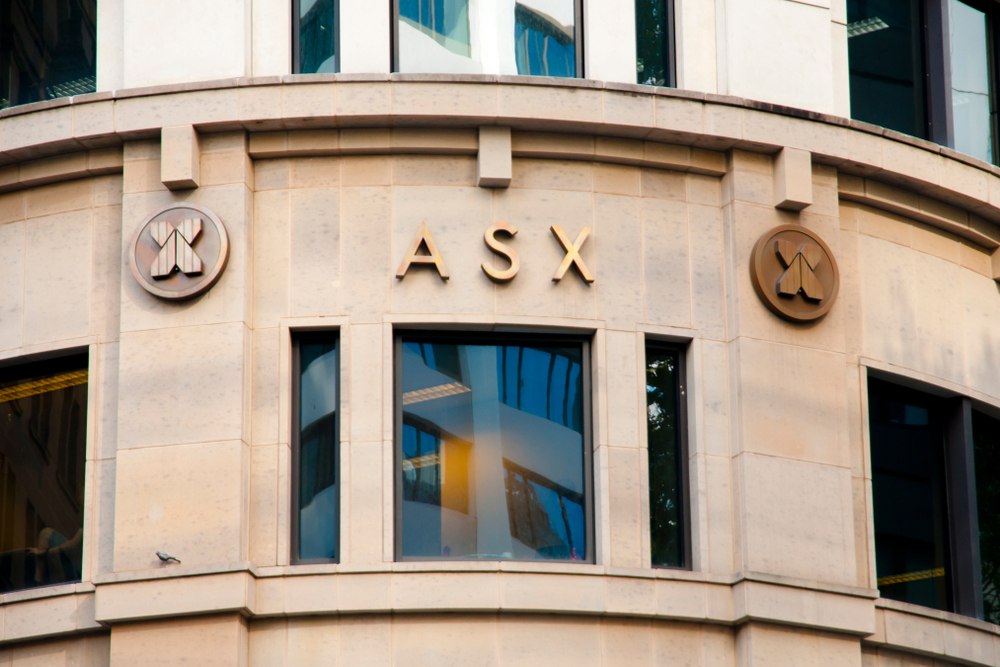Blockchain.com Raises US$300 Million as Investors Find Other Ways Into Bitcoin
The investment round gave the company a US$5.2 billion valuation
Blockchain.com, a London-based firm that provides a variety of cryptocurrency services to retail and institutional clients, raised $300 million in a deal that highlights venture capital’s growing willingness to jump back into the bitcoin frenzy.
The investment round gave the company a US$5.2 billion valuation and was led by DST Global, Lightspeed Venture Partners and VY Capital. It comes just one month after the company raised $120 million in a funding round that valued it at $3 billion.
Blockchain.com has 31 million verified users across 200 countries and 70 million digital “wallets,” or software used to store bitcoins. The firm offers retail trading and a range of services for professional investors like credit, structured products, trading and custody. Between debt and equity, the company has raised $1.5 billion since its inception in 2011, according to Chief Executive Peter Smith.
It is a significant amount for a crypto company. The latest capital raise is the third-largest in the industry’s short history, according to research firm CB Insights. In 2018, Bitmain Technologies raised $400 million. Earlier this year, BlockFi raised $350 million and in 2020, Bakkt raised $300 million.
Capital raising also stagnated over the past few years as bitcoin’s price fell from its 2017 highs and remained down. After raising $4.5 billion in 2018, deals have declined to $2.7 billion in 2020. Their re-emergence this year, with three of the six largest to date coming in 2021, is spurring hopes that private investors are returning.
They may be followed by public investors. Later this year, Coinbase Global Inc. will launch its highly anticipated initial public offering. The company plans to sell up to 115 million shares on Nasdaq, raising up to $943 million, according to its most recent filing with the Securities and Exchange Commission.
If that IPO is successful, other crypto companies are expected to follow. Whether Blockchain.com will be one of them hasn’t been determined. “The company is carefully considering its public-market options,” Mr. Smith said.
Blockchain’s business has more than doubled since the start of the year, Mr. Smith said, amid a boom for bitcoin and other cryptocurrencies. If the current rate stays constant, he predicted the company’s 2021 profit would hit a record in the “mid-nine digits.”
That is mainly because the price of bitcoin has skyrocketed over the past year. In March 2020, bitcoin fell to around $5,700. On Tuesday, it was trading around $55,000. The gains have been driven by an influx of money from the likes of billionaire investors including Paul Tudor Jones, companies including Massachusetts Mutual Life Insurance Co. and a new wave of retail, or nonprofessional, investors.
The company plans to use the new capital to hire new employees and to support its institutional business. “The institutional side requires more capital,” Mr. Smith said. “When you’re pitching asset managers they want to see a big balance sheet.”
Reprinted by permission of The Wall Street Journal, Copyright 2021 Dow Jones & Company. Inc. All Rights Reserved Worldwide. Original date of publication: March 24, 2020
 Copyright 2020, Dow Jones & Company, Inc. All Rights Reserved Worldwide. LEARN MORE
Copyright 2020, Dow Jones & Company, Inc. All Rights Reserved Worldwide. LEARN MORE
This stylish family home combines a classic palette and finishes with a flexible floorplan
Just 55 minutes from Sydney, make this your creative getaway located in the majestic Hawkesbury region.
Continued stagflation and cost of living pressures are causing couples to think twice about starting a family, new data has revealed, with long term impacts expected
Australia is in the midst of a ‘baby recession’ with preliminary estimates showing the number of births in 2023 fell by more than four percent to the lowest level since 2006, according to KPMG. The consultancy firm says this reflects the impact of cost-of-living pressures on the feasibility of younger Australians starting a family.
KPMG estimates that 289,100 babies were born in 2023. This compares to 300,684 babies in 2022 and 309,996 in 2021, according to the Australian Bureau of Statistics (ABS). KPMG urban economist Terry Rawnsley said weak economic growth often leads to a reduced number of births. In 2023, ABS data shows gross domestic product (GDP) fell to 1.5 percent. Despite the population growing by 2.5 percent in 2023, GDP on a per capita basis went into negative territory, down one percent over the 12 months.
“Birth rates provide insight into long-term population growth as well as the current confidence of Australian families,” said Mr Rawnsley. “We haven’t seen such a sharp drop in births in Australia since the period of economic stagflation in the 1970s, which coincided with the initial widespread adoption of the contraceptive pill.”
Mr Rawnsley said many Australian couples delayed starting a family while the pandemic played out in 2020. The number of births fell from 305,832 in 2019 to 294,369 in 2020. Then in 2021, strong employment and vast amounts of stimulus money, along with high household savings due to lockdowns, gave couples better financial means to have a baby. This led to a rebound in births.
However, the re-opening of the global economy in 2022 led to soaring inflation. By the start of 2023, the Australian consumer price index (CPI) had risen to its highest level since 1990 at 7.8 percent per annum. By that stage, the Reserve Bank had already commenced an aggressive rate-hiking strategy to fight inflation and had raised the cash rate every month between May and December 2022.
Five more rate hikes during 2023 put further pressure on couples with mortgages and put the brakes on family formation. “This combination of the pandemic and rapid economic changes explains the spike and subsequent sharp decline in birth rates we have observed over the past four years,” Mr Rawnsley said.
The impact of high costs of living on couples’ decision to have a baby is highlighted in births data for the capital cities. KPMG estimates there were 60,860 births in Sydney in 2023, down 8.6 percent from 2019. There were 56,270 births in Melbourne, down 7.3 percent. In Perth, there were 25,020 births, down 6 percent, while in Brisbane there were 30,250 births, down 4.3 percent. Canberra was the only capital city where there was no fall in the number of births in 2023 compared to 2019.
“CPI growth in Canberra has been slightly subdued compared to that in other major cities, and the economic outlook has remained strong,” Mr Rawnsley said. “This means families have not been hurting as much as those in other capital cities, and in turn, we’ve seen a stabilisation of births in the ACT.”
This stylish family home combines a classic palette and finishes with a flexible floorplan
Just 55 minutes from Sydney, make this your creative getaway located in the majestic Hawkesbury region.






















